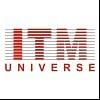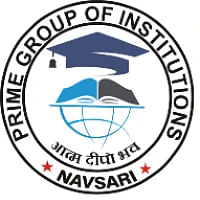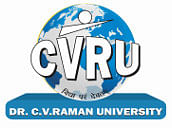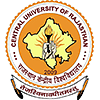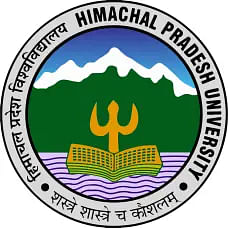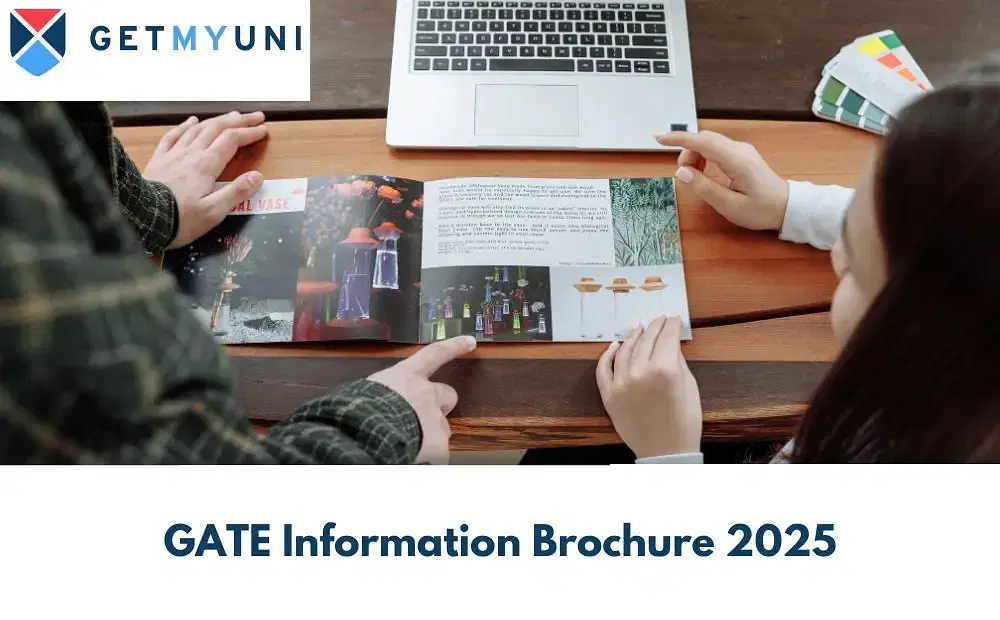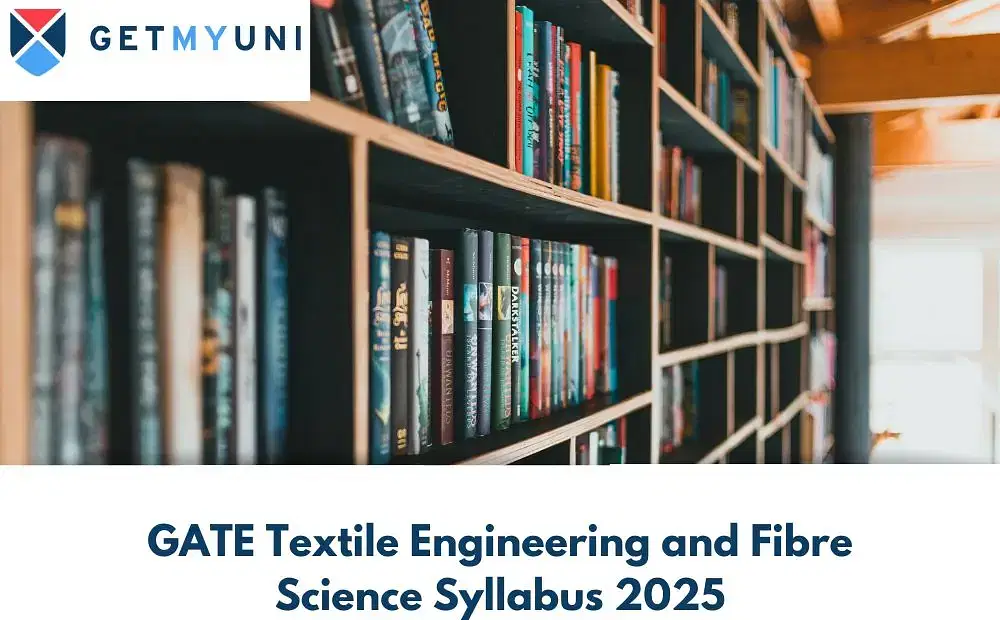GATE Biomedical Engineering Syllabus 2024 covers topics from Engineering Mathematics, Electrical Circuits, Signals and Systems, Analog and Digital Electronics, Measurements and Control Systems, and more.
GATE biomedical engineering syllabus 2025 consists of topics from algebra, calculus, probability, statistics, biomechanics, biomaterials, human anatomy and physiology, medical imaging systems, analysis of complex variables, measurements and control systems, and sensors and bioinstrumentation. Learning about these topics is crucial to prepare well for the GATE Biomedical Engineering syllabus.
The GATE exam 2025 is scheduled to take place on Feb 1, 2, 15 and 16, 2025. Candidates must be well acquainted with the entire syllabus to ensure that every topic is covered as it is one of the toughest exams in the world and the questions might be difficult.
GATE Biomedical Engineering Syllabus 2025
GATE Biomedical Engineering syllabus 2025 is abbreviated as BM. The GATE syllabus is elaborate, and each topic has sub-topics. The entire syllabus and official PDF for the GATE exam are mentioned below:
Topic 1- Engineering Mathematics
- Linear Algebra
- Calculus
- Differential Equations
- Analysis of Complex Variables
- Probability and Statistics
- Numerical Methods
Topic 2- Electrical Circuits
- Voltage and Current Sources - independent, dependent, ideal and practical; v-i relationships of resistor, inductor and capacitor; transient analysis of RLC circuits with dc excitation
- Kirchoff's laws, superposition, Thevenin, Norton, maximum power transfer and reciprocity theorems
- Peak, average and rms values of ac quantities
- Apparent, active and reactive powers; phasor analysis, impedance and admittance
- Series and parallel resonance, realization of basic filters with R, L and C elements, Bode plot
Topic 3- Signals and Systems
- Continuous and Discrete Signal and Systems - Periodic, aperiodic and impulse signals
- Sampling theorem
- Laplace and Fourier transforms
- Impulse response of systems
- Transfer function, frequency response of first and second-order linear time-invariant systems, convolution, correlation
- Discrete-time systems - impulse response, frequency response, DFT, Z - transform
- Basics of IIR and FIR filter
Also Read: GATE Biotechnology Syllabus 2025
Topic 4- Analog and Digital Electronics
- Basic characteristics and applications of diode, BJT and MOSFET
- Characteristics and applications of operational amplifiers - difference amplifier, adder, subtractor, integrator, differentiator, instrumentation amplifier, buffer, filters and waveform generators
- Number systems, Boolean algebra
- Combinational logic circuits - arithmetic circuits, comparators, Schmitt trigger, encoder/decoder, MUX/DEMUX, multi-vibrators
- Sequential circuits - latches and flip flops, state diagrams, shift registers and counters
- Principles of ADC and DAC; Microprocessor- architecture, interfacing memory and input- output devices
Topic 5- Measurements and Control Systems
- SI units, systematic and random errors in measurement, expression of uncertainty - accuracy and precision index, propagation of errors
- PMMC, MI and dynamometer type instruments
- DC potentiometer;
- Bridges for measurement of R, L and C, Q-meter
- Basics of control system - transfer function
Topic 6- Sensors and Bioinstrumentation
- Sensors - resistive, capacitive, inductive, piezoelectric, Hall effect, electro chemical, optical
- Sensor signal conditioning circuits; application of LASER in sensing and therapy
- Origin of bio potentials and their measurement techniques - ECG, EEG, EMG, ERG, EOG, GSR, PCG, Principles of measuring blood pressure, body temperature, volume and flow in arteries, veins and tissues, respiratory measurements and cardiac output measurement
- Operating principle of medical equipment-sphygmomanometer, ventilator, cardiac pacemaker, defibrillator, pulse oximeter, hemodialyzer Electrical Isolation (optical and electrical) and Safety of Biomedical Instruments
Topic 7- Human Anatomy and Physiology
- Basics of cell, types of tissues and organ systems
- Homeostasis
- Basics of organ systems - musculoskeletal, respiratory, circulatory, excretory, endocrine, nervous, gastro-intestinal and reproductive
Topic 8- Medical Imaging Systems
- Basic physics, Instrumentation and image formation techniques in medical imaging modalities such as X-Ray, Computed Tomography, Single Photon Emission Computed Tomography, Positron Emission Tomography, Magnetic Resonance Imaging, Ultrasound
Topic 9- Biomechanics
- Kinematics of muscles and joints - free-body diagrams and equilibrium, forces and stresses in joints, biomechanical analysis of joints, Gait analysis
- Hard Tissues - Definition of Stress and Strain, Deformation Mechanics, structure and mechanical properties of bone - cortical and cancellous bones
- Soft Tissues - Structure, functions, material properties, viscoelastic properties, Maxwell & Voight models
- Biofluid mechanics - Flow properties of blood in the intact human cardiovascular system
Topic 10- Biomaterials
- Basic properties of biomaterials - Metallic, Ceramic, Polymeric and Composite; Fundamental characteristics of implants - biocompatibility, bioactivity, biodegradability
- Basics of drug delivery
- Basics of tissue engineering
- Biomaterial characterization techniques - Rheology, Atomic Force, Microscopy, Electron Microscopy, Transmission Electron Microscopy Fourier Transform Infrared Spectroscopy.
Also Read: GATE Geomatics Engineering Syllabus 2025
Download PDF for GATE Biomedical Engineering Syllabus 2025
The GATE Biomedical Engineering syllabus is also available on the official website of GATE 2025 at gate2025.iitr.ac.in. Candidates can access the direct link for the syllabus from the table provided below:
|
GATE Biomedical Engineering Syllabus 2025 |
Steps to Download the Biomedical Engineering Syllabus for GATE 2025
The GATE Biomedical Engineering Syllabus 2025 is available on the official website at gate2025.iitr.ac.in. Candidates can easily download the syllabus by following the steps provided below:
- Step 1: Visit the official website of GATE 2025 @gate2025.iitr.ac.in.
- Step 2: On the homepage, navigate to the "GATE Papers" tab.
- Step 3: A dropdown menu will appear with the "GATE 2025 Test Papers and Syllabus" option, click on it.
- Step 4: Candidates will be navigated to a new page where they can find the GATE Biomedical Engineering Syllabus.
- Step 5: Click on the syllabus tab and download the PDF.
Also Read: GATE Engineering Sciences Syllabus 2025
GATE Biomedical Engineering Syllabus 2025 Best Books
There are only selected resources for the GATE biomedical engineering syllabus 2025. However, the list of best books for GATE 2025 that are helpful for exam preparation, along with general aptitude books, are mentioned in the table below:
|
Best Books |
Authors/Publishers |
|
Wiley Acing the GATE: Engineering Mathematics and General Aptitude |
Anil Kumar Main |
|
GATE Engineering Mathematics for all streams |
Arihant Publications |
|
Intro to Biomedical Engineering |
Domach |
|
Introduction to Biomedical Engineering |
John Enderle & Joseph Bronzino |
|
Quantitative Aptitude |
R S Aggarwal/ McGraw Hill Education |
|
Non-Verbal Reasoning |
Arihant Publication/ Disha Publication |
|
High School English Grammar |
Wren and Martin |
Also Read: What is a Good GATE Score 2025?
GATE Biomedical Engineering Syllabus 2025 Preparation Tips
The GATE Biomedical Engineering syllabus is detailed, and questions are expected to be on the difficult side of the scale. Therefore, it is necessary to prepare well for the exam.
Here are some GATE biomedical engineering syllabus 2025 preparation tips:
- Chalk out the important topics and build a core on them.
- By analysing the GATE previous year's question papers, check the topics with more marks.
- Make short notes from GATE Biomedical Engineering Syllabus 2025 for easy and fast revision of confusing topics.
- Refer to the books mentioned in the article above and practice from test papers.
- Revise and appear for GATE 2025 mock tests to enhance the preparation.
GATE Biomedical Engineering Syllabus 2025 includes topics related to Biomechanics, Human Anatomy and Physiology, Engineering Mathematics, Electrical Circuits and more. Candidates must use the right books to prepare for the exam and secure high scores.


